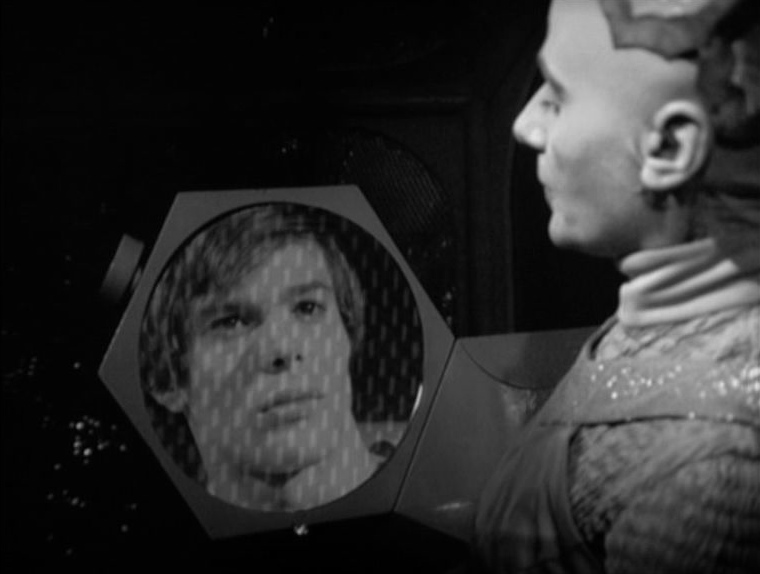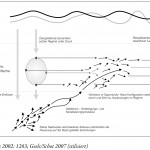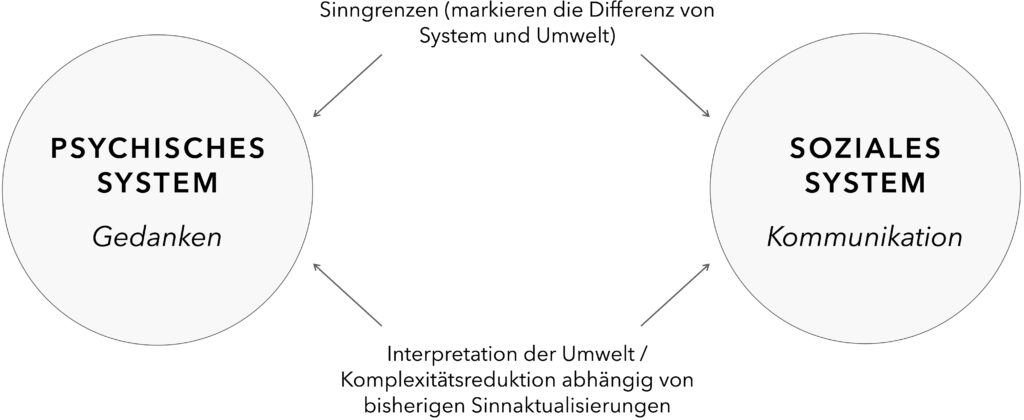Heute ist die Zukunft von gestern XXI: »The Machine Stops« (E.M. Forster)
Jan-Felix Schrape | 4. Januar 2017Zwischen den Jahren habe ich – angeregt durch eine weihnachtliche Schenkung – endlich E.M. Forsters dystopische Erzählung »The Machine Stops « aus dem Jahre 1909 gelesen [gemeinfreies PDF engl.; EPUB und Kindle engl.; Artikel von L.M. Stoltenberg mit Bezug zum Text], die 2016 in einer Neuübersetzung wiederaufgelegt worden ist – passenderweise versehen mit einem kurzen Kommentar von Jaron Lanier.
Dieses Buch ist eine eindringliche Warnung vor schierer Technikgläubigkeit, welche es auch heute noch (oder: mehr denn je) wert ist, gehört zu werden, zumal E.M. Forster unzählige technische Entwicklungen vorwegnimmt, die heute integraler Bestandteil unseres Alltags sind oder dies in naher Zukunft sein werden (darunter etwa das ›Internet der Dinge‹) – auch wenn der Mensch bzw. sein Umgang mit neuen Technologien in dieser Geschichte m.E. systematisch unterschätzt wird:
»In der von Forster beschriebenen Zivilisation […] leben die Menschen […] rundum vollversorgt in ihren Wabenzellen. In ihren Kabinen bekommen sie auf Knopfdruck alle lebensnotwendigen Güter und zudem alle vorstellbaren Annehmlichkeiten. Nur noch in absoluten Ausnahmefällen verlassen sie diese Zimmer und persönliche Kontakt zu anderen Menschen werden als störend und unerwünscht angesehen. Über allem wacht eine anonyme ›Maschine‹, auf die sich alle blind verlassen. Mit zunehmender Dekadenz schleichen sich jedoch Fehler ein. Da Fortschritt nur als Selbstzweck der Maschine erlaubt ist, verliert sich das Wissen der Erbauer, und das ganze System beginnt zu versagen […].« (H. Ibendorf auf Der Bildungsblog)
Neben Forsters kompakter Erzählweise und pointierter Darstellung vollkommener Technikabhängigkeit möchte ich an dieser Stelle freilich seine ebenso gewiefte wie hämische Aktualisierung von Platons Höhlengleichnis herausstellen, welche sich vermutlich auch auf nicht wenige derzeitige sozialwissenschaftliche Arbeiten (dazu ein Kommentar von Norbert Elias) beziehen ließe:
»›Beware of first-hand ideas!‹ exclaimed one of the most advanced of them. ›First-hand ideas do not really exist. They are but the physical impressions produced by love and fear, and on this gross foundation who could erect a philosophy? Let your ideas be second-hand, and if possible tenth-hand, for then they will be far removed from that disturbing element — direct observation. Do not learn anything about this subject of mine — the French Revolution. Learn instead what I think that Enicharmon thought Urizen thought Gutch thought Ho-Yung thought Chi-Bo-Sing thought Lafcadio Hearn thought Carlyle thought Mirabeau said about the French Revolution. Through the medium of these ten great minds, the blood that was shed at Paris and the windows that were broken at Versailles will be clarified to an idea which you may employ most profitably in your daily lives.
[…] You who listen to me are in a better position to judge about the French Revolution than I am. Your descendants will be even in a better position than you, for they will learn what you think I think, and yet another intermediate will be added to the chain. And in time‹ — his voice rose — ›there will come a generation that had got beyond facts, beyond impressions, a generation absolutely colourless, a generation seraphically free from taint of personality, which will see the French Revolution not as it happened, nor as they would like it to have happened, but as it would have happened, had it taken place in the days of the Machine.‹« (The Machine Stops, PDF)















